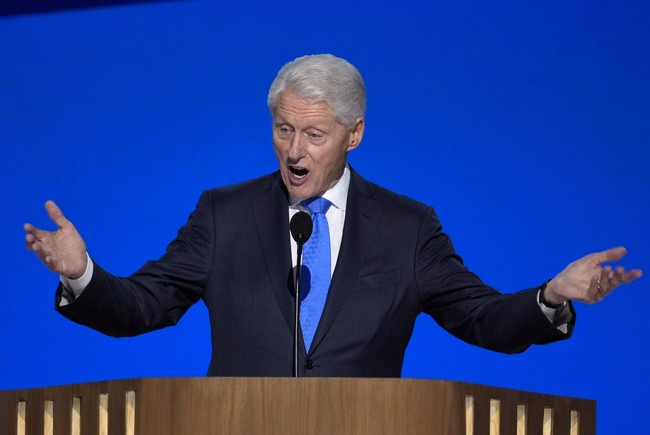Nomination of Pete Hegseth for Defense Secretary in Scrutiny
Pete Hegseth's nomination as Secretary of Defense faces critical examination, raising questions about his background, views, and readiness for the role.
Published December 08, 2024 - 00:12am

Image recovered from redstate.com
Pete Hegseth, a former Fox News host and a veteran decorated with two Bronze Stars, has found himself in the political crosshairs as President-elect Donald Trump's nominee for Secretary of Defense. The selection has set off a cascade of opinions and inquiries exacerbated by Hegseth's controversial background. While his military experience is seen by supporters as a significant plus, some senators and observers have raised concerns about his management experience and personal conduct.
Notably, Senator Joni Ernst of Iowa, a prominent Republican and combat veteran herself, has publicly voiced her hesitations. After an extensive meeting with Hegseth, where allegations of professional misconduct and his apparent lack of substantial management experience were discussed, Ernst's support remains uncommitted. She highlighted the importance of a thorough review process to verify the claims surrounding Hegseth before rendering a decision on his nomination.
Controversially, allegations against Hegseth involve accusations of past professional misconduct and questionable personal habits, including allegations of alcohol consumption concerns reported by some of his former colleagues at Fox News. Such claims have drawn parallels to those faced during the confirmation of other Trump nominees, hinting at a congressional atmosphere that has grown accustomed to contentious vetting processes.
In parallel, speculation has emerged regarding possible alternatives to Hegseth for the role of Secretary of Defense. Among the mentioned figures are prominent Republican figures such as Florida Governor Ron DeSantis and Senator Bill Hagerty of Tennessee. There is also speculation about Senator Joni Ernst as a potential replacement, suggesting a lack of consensus even within the party ranks on Hegseth's appointment.
Despite these challenges, several Republican senators have publicly shown strong support for Hegseth, arguing that his firsthand experience in combat zones makes him a fitting candidate to lead the Department of Defense. In the purported words of his supporters, having a leader familiar with the hardships faced by soldiers on the ground could bring a necessary and realistic perspective to military policymaking, focused on efficiency and the fundamental mission assets of the armed forces.
The nomination's success heavily relies on the support of key Republican senators, considering the party holds a narrow majority in the Senate. The ability of Hegseth to sway opinions and navigate the confirmation process might ultimately define the early defense strategies of the incoming administration—pivotal in shaping the Department of Defense's policies. Until a definitive decision is reached, his nomination continues to spark debate across political lines, attracting both staunch support and rigorous scrutiny.
The outcome of Pete Hegseth's nomination, irrespective of its directional sway, might set a broader precedent for the incoming administration's nomination strategy, especially in navigating perceptions of candidate fitness amid revived polarization on both personal and policy fronts.







